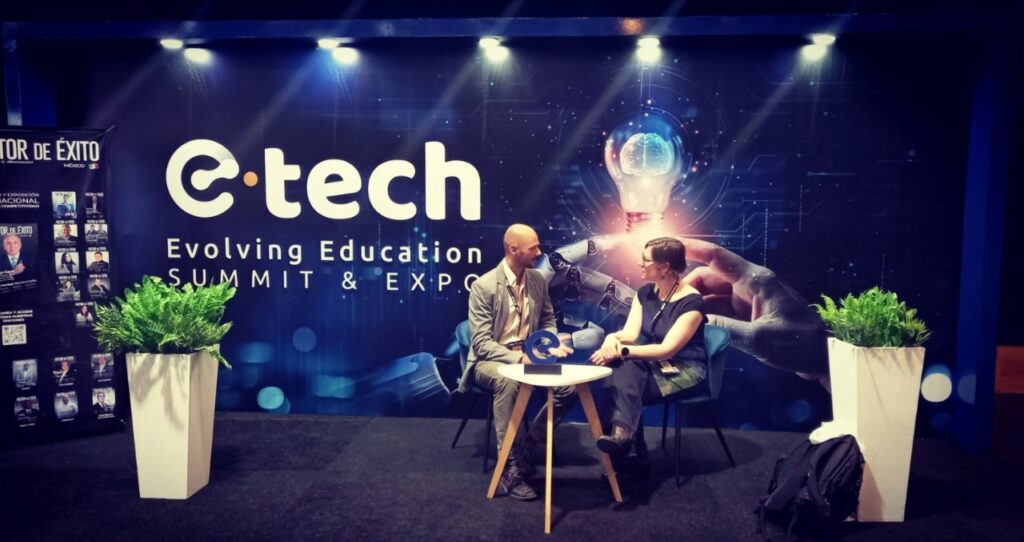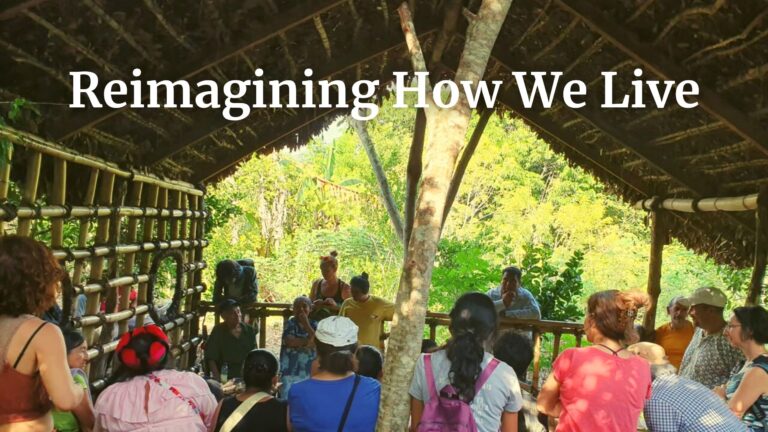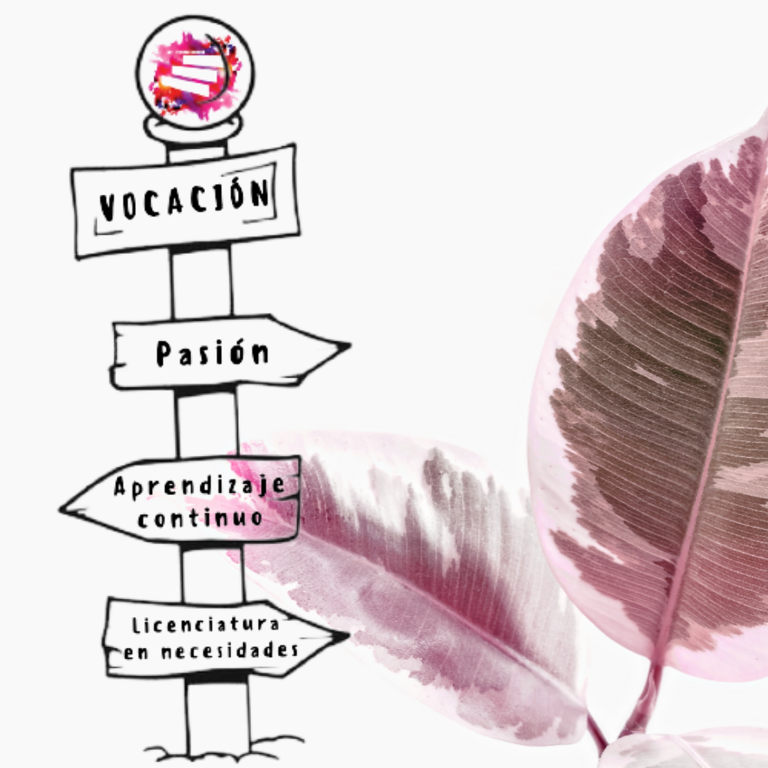I’ve just returned from the E-Tech Summit 2023 in Puebla, Mexico, a key event to understand educational technologies and how they are impacting educational models. Here are five keys to understand the direction.
- Personalized Learning
- Reinvention of Higher Education
- Edtech Success Factors
- Disruptive Inclusion
- The Biggest Challenge and Opportunity
[You can learn more about the author, David Caballero, en LinkedIn]

Personalized Learning
All technological platforms know that the educational revolution puts learners at the center. Gone are the developers of generic content, and those who use personalized learning paths, which adapt to each child’s learning rhythms, are advancing strongly, whether using algorithms that identify learning patterns or with Artificial Intelligence (AI).
It’s impossible to be good at everything, so platforms with a high degree of curricular specialization stand out. For example, Matific focuses on mathematics, Amira on reading and writing, and Duolingo on language learning. All of them also combine another central pillar of the sector: gamification. If we focus on Matific, for example, its adaptive learning platform can identify which mathematical concept has not been assimilated by a student to select the next exercises that will help them develop these concepts. On this platform, you can choose from 120 curricula from around the world or let students learn by following their interests on the “Adventure Island” (using all the power of AI).
Iván Felipe Morales García, from the Restaurando Futuro Foundation, told us how to take advantage of Augmented Reality (AR) to learn history through conversations. His AI platform learns from the texts of historical characters, and AR presents them as virtual characters with which to interact and converse.
“If you try to remember your school days, you might remember your classmates, your favorite teachers, the space… but you probably remember little about the classes. We learn through experiences, and now we can create learning experiences with AR.” – he told us in his acceptance speech for the Gigantes Edtech award.
Reinvention of Higher Education
Learner-centered learning presents us with two paradigms. When learners are young (children), the focus is usually on their weaknesses, on what we consider they lack and need to develop. Of course, there are many fundamental skills, such as reading and writing or learning to learn. But we often extend the palette of “areas to develop” much further.
This means that many children spend most of their time on their weaknesses (those areas they are less interested in and may not be so good at) and less time on their strengths (the areas where they achieve their academic goals faster and may be more interested). This is not only a waste of potential, but the effect on their self-esteem can end up damaging other areas that were initially strengths.
As age increases, the educational perspective changes. With older students, the focus is clearly on strengths and opportunities connected to the world of work. And this is the direction of higher education.
Many online educational platforms offer (both to young people and professionals reinventing themselves) the opportunity to train in the most relevant jobs and skills in our current world, such as digital marketing, cybersecurity, or programming. And in some cases, even with internships or direct collaborations with technology companies looking for these profiles. Two organizations we met in this sector are Egg Cooperation and Plai.mx.
In the panel on “Advances and Challenges of the Unification of Higher Education Systems”, while university program directors expressed their challenges in training teachers to use new technologies; student loan financiers emphasized that some bootcamps of a few months of training gave better employability results than several-year university careers. This also allows us to face lifelong learning as a flexible and adaptive process in a constantly changing world.
Remember that AI has the potential to be better than us on average in any task. So it makes sense to focus on our strengths, on what we are better than average. And that is usually linked to our passions.

Edtech Success Factors
In the “Edtech Unicorns” panel in which I participated, we discussed the factors of success. Using our online training The Learning Expedition as an example, I shared three elements that I consider fundamental:
- Quality. Anyone can record themselves, upload it to the web, and create trainings. To stand out in a market with such a low barrier to entry, you really have to offer quality. In The Learning Expedition, educators can learn from over 150 education pioneers who lead some of the best educational centers in the world, in 17 countries. In addition to experiencing first-hand the most innovative educational methodologies in our interactive sessions.
- Community. Even with the best educational quality, online training has a big challenge in retention. That is, involving participants in the training so that they complete it. The Learning Expedition participants come for the content, but they stay for the community. It is the relationships we foster between people, between educational change agents, that make them not only complete the program but continue to participate in our EE Alumni Network.
- Inclusion. Technology is a great democratizing element of knowledge. This word is key in our mission: “Democratize educational practices to transform education”. It would be practically impossible for many educators to visit and learn from the world’s leading educational centers. Technology and digital channels allow us to facilitate access to this global knowledge. And not only that, but to select, synthesize, and curate content to facilitate the integration and implementation of learning.
Disruptive Inclusion
In fact, inclusion was a central theme that all the keynote speakers addressed. Pablo Aristizabal, CEO of FlexFlix, warned us that the AI wave will not impact everyone equally. Those who know how to work with new technologies will expand their creative and productive potential, leaving others behind. Technology can create a new social gap if we do not act with equity.
Ana Karen Ramirez, CEO of Epic Queen, shared her solitary journey as a woman in the world of technological entrepreneurship. “We cannot be what we cannot see” – she told us. So she creates events and workshops to inspire girls to develop their passions for science and technology. And Ophelia Pastrana, CEO of Roja Creativa, challenged us to be disruptive by embracing diversity: “You can’t be disruptive if you’re not diverse”.
The Biggest Challenge and Opportunity
With this, we come to the biggest challenge and the biggest opportunity for educational transformation. It does not depend on technology, as it is only a tool, but on the change of role of the teacher: from a transmitter of information to a facilitator of meaningful learning processes.
It is the biggest challenge because education is perhaps the sector with the most resistance to change. If in healthcare, energy, or transport you do not adapt to social and technological changes, you cease to be competitive, profitable, and disappear. The impact of education takes years and even decades to be seen, so feedback is not so fast. If it has not served its purpose, it manifests itself in young people who have not developed the skills to manage their lives, from an economic, emotional, or healthy relationship point of view.
But it also presents the greatest opportunity for the potential for social impact and to revalue the role of teachers. The social perception of teachers has been declining around the world; perhaps due to a lack of updating. This is an opportunity to revalue their work, focusing on helping young people find their purposes, develop essential skills for their lives, and help build strong communities. In short, to take their place as social leaders, committed to their own personal growth and that of the communities they support.
This involves a change of mindset and developing new skills. It is not easy, but it is possible. At Evolving Education, we know this well because we accompany educators and centers in their transformation. We invite you to explore our research in the ebook Questioning Quality Education.



